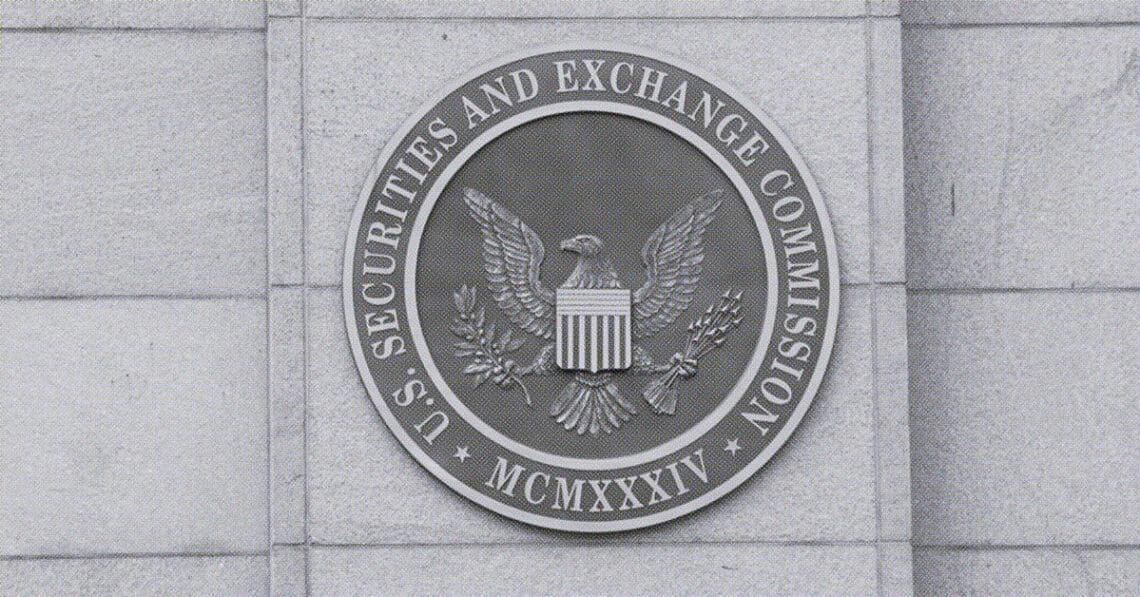In February, the SEC adopted a pair of new rules that will broaden the definition of a “dealer” and “government securities dealer” for purposes of requiring them to register under the Securities Exchange Act. A group of experts from King & Spalding explore what these rules mean for market participants and financial institutions.
Matthew L Biben, Steven Robert Blau, Craig Carpenito, Peter Isajiw, Patrick Sean Kelly (Sean), M. Alexander Koch (Alec), Carmen Lawrence, Aaron W. Lipson and Russell David Sacks co-authored this article.
Section 3(a)(5) of the Securities Exchange Act of 1934 defines a “dealer” as “any person engaged in the business of buying and selling securities […] for such person’s own account through a broker or otherwise.” Section 3(a)(5), however, specifically excludes “[…] a person that buys or sells securities […] for such person’s own account, either individually or in a fiduciary capacity, but not as a part of a regular business.” (Emphasis added)
In March 2022, the SEC proposed two rules, Rule 3a5-4 and 3a44-2 to further define the phrase “as part of a regular business” as that phrase is used in the Securities Exchange Act definitions of “dealer” and “government securities dealer.” The basic purpose behind the proposed rules is to require the registration of entities that are in the business of buying and selling securities in a manner that the SEC believes is “similar to those traditionally performed by either ‘dealers’ or ‘government securities dealers’ as defined under the [Securities Exchange Act], and despite their significant share of market volume—are not registered with the [SEC] as dealers or government securities dealers […].”
On Feb. 6, the SEC adopted the rules. While the rules as adopted are significantly streamlined from the original proposal, the core remains: The rules create a series of qualitative tests that will require dealer registration for certain currently unregistered trading entities, which could include family offices, registered investment advisers and private funds, including those that trade algorithmically. Some entities, such as registered investment companies, central banks (and other sovereign entities), and “international financial institutions” are exempt from dealer registration under the rules. Also exempt is any person that has or controls total assets of less than $50 million.
Summary of the new rules
Firms that are newly covered by the rules, barring a delay or legal challenge to them, must register as dealers with the SEC within a year of the rules becoming effective. Now let’s take a closer look at what the rules say.
‘As part of a regular business’
The rules state that a person (or company) that is engaged in buying and selling securities for its own account is engaged in such activity “as part of a regular business” if that person:
“Engages in a regular pattern of buying and selling securities that has the effect of providing liquidity to other market participants by:
- Regularly expressing trading interest that is at or near the best available prices on both sides of the market for the same security and that is communicated and represented in a way that makes it accessible to other market participants; or
- Earning revenue primarily from capturing bid-ask spreads, by buying at the bid and selling at the offer, or from capturing any incentives offered by trading venues to liquidity-supplying trading interest.”
Exemptions
Under the rules, the following entities are exempt from the revised definition of “as part of a regular business,” even if they engage in the trigger activities that are enumerated in the rules:
- Registered investment companies
- Central banks (and other sovereign entities)
- “International financial institutions”
- Any person that has or controls total assets of less than $50 million
Notably absent from the list of excluded entities are (a) registered investment advisers, family offices and private funds. Also, we note that non-U.S. entities that trade with U.S.-registered broker-dealers and/or banks, or with U.S.-resident fiduciaries acting on behalf of offshore accounts, are not exempt.
Anti-avoidance provision
A person may not “evade the registration requirements of [the Rules]” by either (a) engaging in activities indirectly that would give rise to the trigger activities, or (b) disaggregating accounts.
After SEC Flags Compliance Failures, Broker-Dealers Can Follow These Practical Tips to Avoid Penalties
In zeal to land lucrative deals, don’t forget about AML & KYC requirements
Read moreDealer or trader?
Traditionally, the commission and its staff have interpreted the phrase “not as part of a regular business” to differentiate between traders and dealers. In multiple instances, the SEC has noted the distinction between a trader, who trades securities for his own account, on a speculative view, and who profits from market movements that are consistent with such view, and a dealer, who acts as a market intermediary and seeks to make a commission or mark-up in a manner that is agnostic to the market movement of the underlying instrument.
The commission differentiates between dealers and traders because these are, at their core, different marketplace functions, rooted in different interests. “Traders” are people who profit from the success of a trading strategy, while “dealers” derive compensation from the function of effecting transactions. In this regard, the SEC has repeatedly described the dealer’s interest as a “salesman’s stake” and noted that dealer registration and its many burdens exist to protect investors from those who profit solely from the occurrence of a transaction, without regard to the success or failure of the underlying investment.
Historically, dealer regulation has been designed to regulate the dealer’s incentives, including investor protections relating to, among other things, the maintenance of a supervisory control structure by each dealer; individual licensing of broker-dealer representatives and principals; detailed recordkeeping requirements; detailed rules regarding the extension of margin by dealers; detailed transparency rules, including trade reporting and transmission of trade confirmations; regulatory capital requirements; and segregation, possession and control requirements relating to broker-dealers that hold customer funds and securities. The rules will now apply this complex web of regulation to entities that were not previously within this definitional category and which have not previously been subject to the costs of dealer status — especially including the required maintenance of net regulatory capital. The consequences of application of dealer registration and its corresponding rule set to those who have been (until now) outside the definitional category are unknown.
Non-broker-dealer entities with large trading volumes, or with trading strategies that may include the trigger activities, including algorithmic and high-frequency traders, must now consider the applicability of the rules — and the potential for dealer status and dealer registration.











